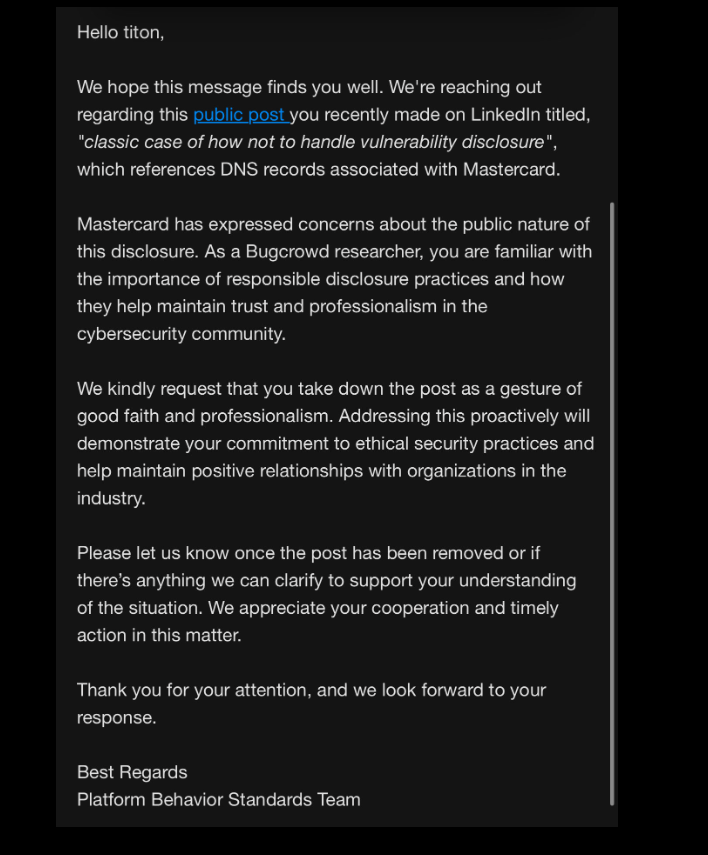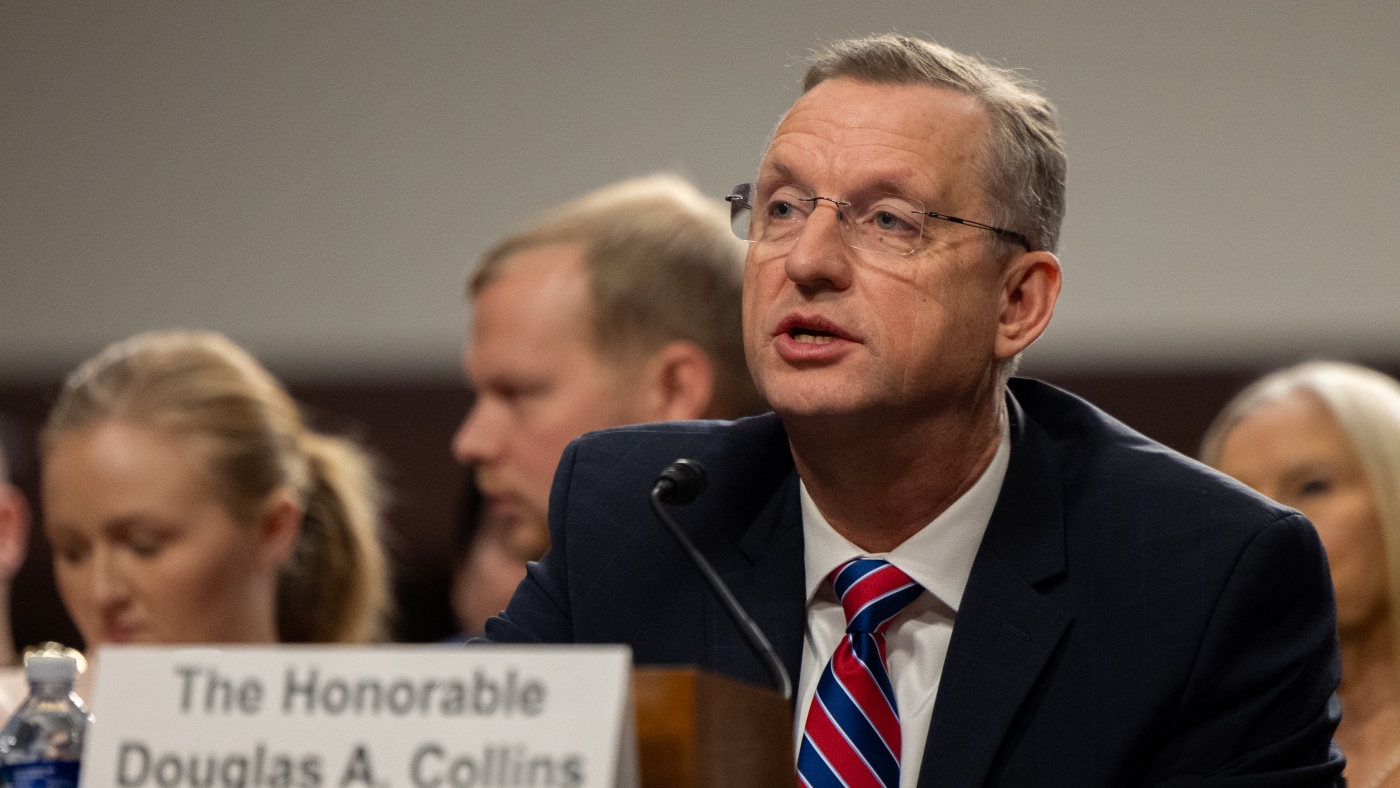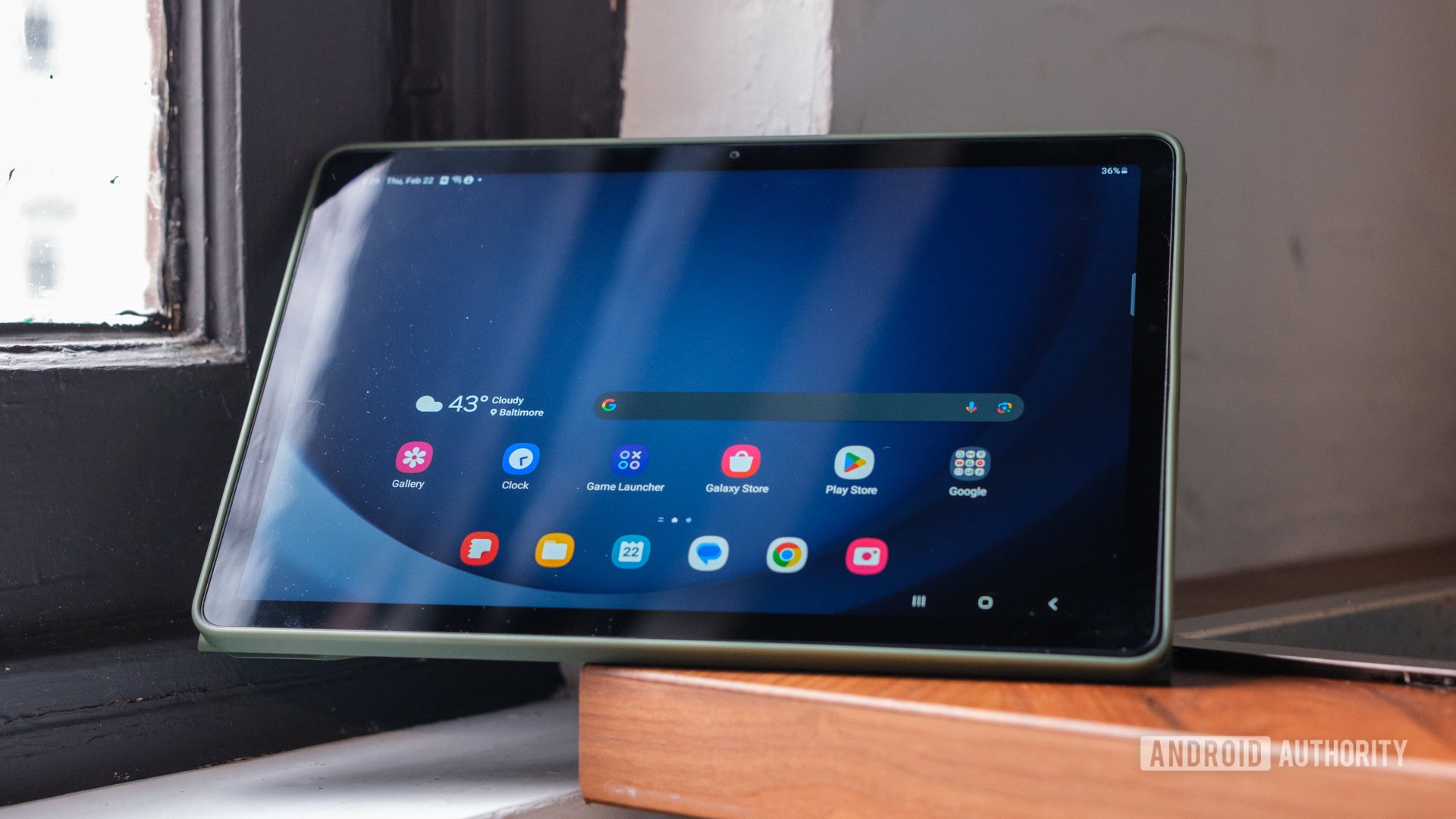Microsoft won’t support Office apps on Windows 10 after October 14th
Image: Microsoft Microsoft says it will no longer support Office apps, known as Microsoft 365 apps, on Windows 10 later this year. The support cutoff coincides with Windows 10’s end of support on October 14th, and will mean businesses and consumers that rely on Microsoft 365 apps will need to upgrade to Windows 11. “Microsoft 365 Apps will no longer be supported after October 14, 2025, on Windows 10 devices,” says Microsoft in a blog post. “To use Microsoft 365 Applications on your device, you will need to upgrade to Windows 11.” While support will end for Office apps on Windows 10 in October, it doesn’t mean the apps will suddenly stop working. Microsoft notes in a support document that was updated in December that “the applications will continue to function as before” after Windows 10 support ends, but that there could be “performance and reliability issues over time.” Microsoft really wants people to stop using Windows 10 this year, and is calling 2025 “the year of the Windows 11 PC refresh.” The software maker declared at CES last week that refreshing an old Windows 10 PC will be more important than buying a new TV or phone this year. “We believe that one of the most important pieces of technology people will look to refresh in 2025 isn’t the refrigerator, the television or their mobile phone. It will be their Windows 10 PC, and they will move forward with Windows 11,” said Yusuf Mehdi, executive vice president and consumer chief marketing officer at Microsoft. Windows 11 adoption is still lagging behind Windows 10, and millions of machines simply can’t upgrade to the latest OS due to Microsoft’s strict hardware requirements. Microsoft recently closed the door on Windows 11 supporting older hardware, noting that its Trusted Platform Module (TPM) 2.0 requirement for Windows 11 is “non-negotiable.” Microsoft is now trying to convince Windows 10 users to buy a new PC with full-screen prompts. While support for Windows 10 ends later this year, Microsoft is also offering Extended Security Updates to consumers for the first time ever. Consumers will be able to pay $30 for an extra year of updates, while businesses will be able to purchase up to three years of extended updates.
/cdn.vox-cdn.com/uploads/chorus_asset/file/24102584/m365app.jpg)

Microsoft says it will no longer support Office apps, known as Microsoft 365 apps, on Windows 10 later this year. The support cutoff coincides with Windows 10’s end of support on October 14th, and will mean businesses and consumers that rely on Microsoft 365 apps will need to upgrade to Windows 11.
“Microsoft 365 Apps will no longer be supported after October 14, 2025, on Windows 10 devices,” says Microsoft in a blog post. “To use Microsoft 365 Applications on your device, you will need to upgrade to Windows 11.”
While support will end for Office apps on Windows 10 in October, it doesn’t mean the apps will suddenly stop working. Microsoft notes in a support document that was updated in December that “the applications will continue to function as before” after Windows 10 support ends, but that there could be “performance and reliability issues over time.”
Microsoft really wants people to stop using Windows 10 this year, and is calling 2025 “the year of the Windows 11 PC refresh.” The software maker declared at CES last week that refreshing an old Windows 10 PC will be more important than buying a new TV or phone this year.
“We believe that one of the most important pieces of technology people will look to refresh in 2025 isn’t the refrigerator, the television or their mobile phone. It will be their Windows 10 PC, and they will move forward with Windows 11,” said Yusuf Mehdi, executive vice president and consumer chief marketing officer at Microsoft.
Windows 11 adoption is still lagging behind Windows 10, and millions of machines simply can’t upgrade to the latest OS due to Microsoft’s strict hardware requirements. Microsoft recently closed the door on Windows 11 supporting older hardware, noting that its Trusted Platform Module (TPM) 2.0 requirement for Windows 11 is “non-negotiable.” Microsoft is now trying to convince Windows 10 users to buy a new PC with full-screen prompts.
While support for Windows 10 ends later this year, Microsoft is also offering Extended Security Updates to consumers for the first time ever. Consumers will be able to pay $30 for an extra year of updates, while businesses will be able to purchase up to three years of extended updates.
What's Your Reaction?






























.jpg?width=1920&height=1920&fit=bounds&quality=80&format=jpg&auto=webp#)












































/cdn.vox-cdn.com/uploads/chorus_asset/file/25837404/IMG_6678.jpg)





